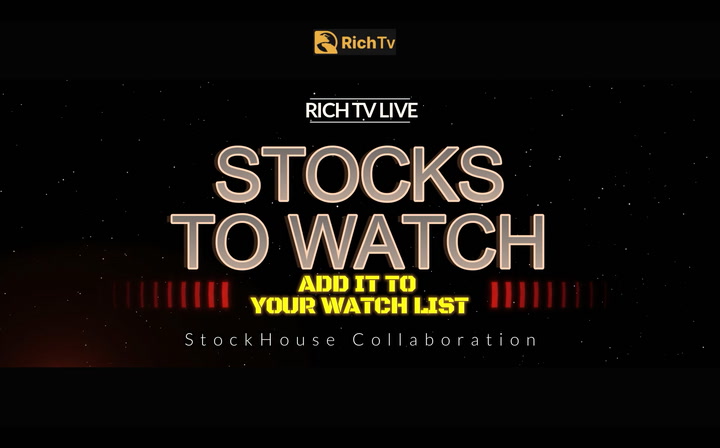The legacy of broadcast television and traditional linear media have been facing some of their biggest challenges yet in the past few years as digital streaming services and online use platforms such as ours have experienced audience growth. So what is the future of the media scope in general, and what opportunities are there for investors?
International media and technology consultant Mazen Hayek joins The Market Herald from Dubai to tell us more.
TMH: Mazen, it seems the whole industry, as myself and perhaps the older generations have known it, is on the verge.
Hayek: It’s an industry of the future, actually. The industry is doing well. The issue lies with traditional media companies who were not able to adapt to the change in attention span at the consumer level, changing consumer preferences, the migration of audiences, the rise of new digital platforms.
The industry is doing well, actually, and is flourishing. Media companies who are future-proof, who are on top of their game when it comes to future trends, technological advancements and whatever affects people’s attention, captures their eye bones, their hearts and minds will continue to resonate well with audiences.
TMH: How can traditional media survive?
Hayek: We’ve always said content is king. The experience is there. People will continue to watch the Super Bowl or the World Cup on TV. The way the traditional TV was connected to a cable or to a satellite, this is changing, and obviously we’re seeing more of the IPTV (internet protocol television) that is linked to internet, etc.
Many told us 20 years ago that, they predicted the death of TV. TV is not dead. TV has evolved and has led to more of the multitasking experience at the consumer level. So I’m watching the World Cup or the Super Bowl, I’m at the same time on X, formerly known as Twitter, I’m on Meta’s platforms (Facebook and Instagram), I’m on YouTube following something else.

The one-way relationship TV consumer is gone, but TV as a medium, as the mass media Paris salons is still there. Print has suffered, as you know, a lot. Most of these newsrooms have evolved during the last two decades into digital powerhouses.
TMH: I gather from what you’re saying that audiences have just so much choice now in where, when and how they consume various sorts of content, not just daily news. The medium might have changed, but it’s still there, and we’ve got so much more variety now.
Hayek: Absolutely. You’re exposed to, on average, 10,000 marketing messages a day, yet consumer attention span is so short these days we’re talking about about eight to 12 seconds attention span. So if you’re scrolling on that timeline, a new generation grants you eight to 12 seconds to look at your story. If they like, they stop. Then if they stop, they watch, then they might like, they might share, they might comment and they might amplify. So this is the full spectrum of the consumption.
So attention span is extremely short, which is pushing and driving media companies towards more personalization, more customization of content and experiences, more delivery across platforms, and new content strategies across short form and long form content. We are witnessing also the rise of the subscription model.
The fee has replaced free and you rarely get quality content, be it entertainment or news for free anymore. People and content are the most expensive components in a media company – so content, production, acquisition, commissioning – but also people, your payroll is very high. I don’t see today a traditional media company who hasn’t embraced changes surviving anymore.
TMH: Where do you believe investors should look for to have exposure to media stocks?
Hayek: Look, I’m not an investment expert, but I would look at future approved companies. Those who are embracing change delivering across multi-platforms are on top of their content game when it comes to content strategies across short form, long form and a variety of genres. I would look at their wealth of library and content, in addition to people in the media industry, (intellectual property) is your biggest asset. So I would look at IP, I would look at their commitment to sustainability. I wouldn’t forget the most important challenge, I would look to see how these companies are coping with an increasing government intervention and regulatory framework when it comes to compliance.
With GDPR (general data protection regulation), even profiling of consumers based on their browsing history. If we look at the amount of fines that were imposed on the big four during the last 18 months, billions of dollars when it comes to the regulatory framework. Because the regulators are increasingly looking at what they call the monopolistic practices and trying to reduce those practices and increase and protect consumer data.
TMH: How do you envision the future of the media scope in the next decade or so?
Hayek: The future of media is bright, and as we said, media is an industry of the future simply because people increasingly consume more and more media. So if you think from a basic perspective, people relate to media, they consume more and more content across platforms.
Join the discussion: Check out the rest of Stockhouse’s stock forums and message boards.
The material provided in this article is for information only and should not be treated as investment advice. For full disclaimer information, please click here.




